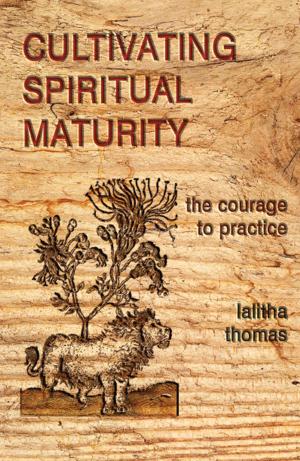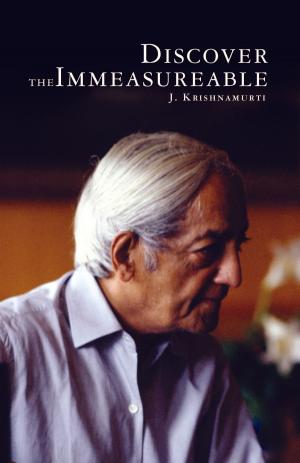| Author: | Jiddu Krishnamurti | ISBN: | 9781935387657 |
| Publisher: | Hohm Press | Publication: | November 6, 2013 |
| Imprint: | Hohm Press | Language: | English |
| Author: | Jiddu Krishnamurti |
| ISBN: | 9781935387657 |
| Publisher: | Hohm Press |
| Publication: | November 6, 2013 |
| Imprint: | Hohm Press |
| Language: | English |
There must be a revolution in our thinking, declares the author, J. Krishnamurti (1895-1986), who remains one of the greatest philosophers and teachers of modern times. In this series of lectures, given in the U.S. and various cities throughout the world in the 1950s, he again confronts the habitual, projection-making mind, which fails to see what is while it absorbs itself in belief and illusion. Topics covered in these essays include: the process of change at all levels; the development of discipline; quieting the mind; self-awareness; and freedom from slavery to mind. While we humans are constantly making superficial modifications of our circumstances, such gestures never lead to a radical transformation characterized by clarity, lack of prejudice, spontaneity, genuine peace and happiness. People would rather line up behind some leader, or a particular religious teaching, following the dictates of some outside authority, than to think for themselves, Krishnamurti explains. Sadly, "most of our existence is spent in that way" trying to live up to something, trying to bring about a change in our attitude, to change according to the pattern which we have projected as an ideal, as a belief." Only by rigorous self-observation and self-questioning is there any hope that humankind will overcome its blindness and self-obsession enough to bring about an end of violence, war and other misery on this beleaguered planet.
There must be a revolution in our thinking, declares the author, J. Krishnamurti (1895-1986), who remains one of the greatest philosophers and teachers of modern times. In this series of lectures, given in the U.S. and various cities throughout the world in the 1950s, he again confronts the habitual, projection-making mind, which fails to see what is while it absorbs itself in belief and illusion. Topics covered in these essays include: the process of change at all levels; the development of discipline; quieting the mind; self-awareness; and freedom from slavery to mind. While we humans are constantly making superficial modifications of our circumstances, such gestures never lead to a radical transformation characterized by clarity, lack of prejudice, spontaneity, genuine peace and happiness. People would rather line up behind some leader, or a particular religious teaching, following the dictates of some outside authority, than to think for themselves, Krishnamurti explains. Sadly, "most of our existence is spent in that way" trying to live up to something, trying to bring about a change in our attitude, to change according to the pattern which we have projected as an ideal, as a belief." Only by rigorous self-observation and self-questioning is there any hope that humankind will overcome its blindness and self-obsession enough to bring about an end of violence, war and other misery on this beleaguered planet.















